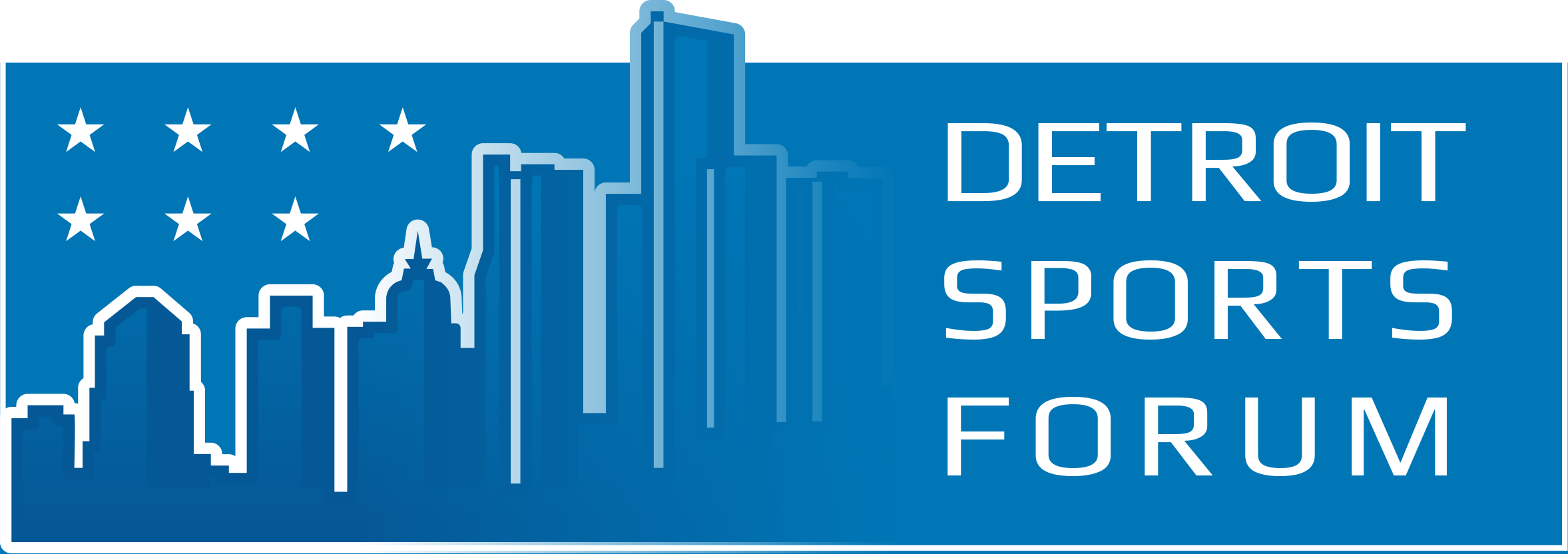Pena wary of concussion risks.
Brayan Pena looked like he was waiting for a reporter to ask him how many home-plate collisions he has had.
"Let me tell you this," he said Friday afternoon, flipping through the photo gallery on his mobile phone.
One photo shows him reeling from a forearm blow by the Rays' Carlos Pena on June 26 last season, while he was with Kansas City. Another shows a Mariners player, not Justin Smoak, trying to bowl him over. Then there's another photo of the collision with Pena. He has had more plays like that than he can count between the big leagues and his time in the Minors.
"Every time that I have the opportunity to go and Google it, I save it," Pena said.
He wants to be able show his kids what their father went through during his career. He doesn't have a photo yet of Wednesday's hit from Seattle's Justin Smoak, but he plans on finding one.
He takes pride in the hits he has taken, and he considers them part of his job. But if Major League Baseball asked him about a rules change to limit or eliminate collisions at the plate, he'd be in favor of it.
"If we can avoid that, it would be great -- not just for us as catchers. It would be great for our families," Pena said. "Watching all these NFL concussions, you see these guys and they wear completely protective helmets. We only have the masks. And these guys have got shoulder pads. They're way stronger than we are, and you can tell how difficult it is for them to recover from those concussions.
"So imagine us. We have to stand there and we have to take the hit when the guy's coming at full speed -- a 200-pound, 230-pound guy coming at you, and you have to stay there and take the hit. So I think for the health issue, it would be great. But at the same time, I feel like it's part of the game. It's part of the game that I chose. It's part of the position that I chose to play."
Pena went onto the disabled list with post-concussion symptoms after a collision six years ago while he was with the Atlanta Braves. He didn't have any long-term effects from it, he said, but it led him to do some research. Most of the data he uncovered involved football, but in baseball, he had the example of current Cardinals manager Mike Matheny, whose symptoms from repeated concussions as a catcher helped force him out of the game, and Twins first baseman Justin Morneau, who missed more than a year dealing with post-concussion symptoms following a slide into Blue Jays second baseman John McDonald's knee while trying to break up a double play.
"Now lately, there's been a lot about guys getting hit in the head, guys colliding like Justin Morneau," Pena said. "A lot of information has come out lately through the news, ESPN and places that you read. And you inform yourself a little bit more about what's happening."
Pena said he did feel some dizziness after Wednesday's collision. The first thing he remembers after the play was Joaquin Benoit standing over him, asking him if he was OK. But he didn't have any lingering headaches, and he was able to sleep that night without any trouble.
He doesn't want the risk of another concussion to change the way he plays the game. And Wednesday's play strongly suggests he hasn't.
"Those guys out there, they would do the same for me, so I cannot think about it," he said. "That's why that day I took the hit and held onto the baseball. Those guys, they deserved the win. For me to take that hit every single day to win the game, I would do it."
If Major League Baseball wanted to limit the risks, though, he would love it. It's something Tigers manager Jim Leyland, who serves on MLB's Special Committee for On-Field Matters, said they're considering.
"As a baseball fan, you don't want to change the game that much," Pena said. "But if you look at it from a family's standpoint, you want to see your boys grow up. At the end of your career, if you can say, 'I retired because it was time for me to go,' not because concussions forced me to go."
from the Tigers official site




